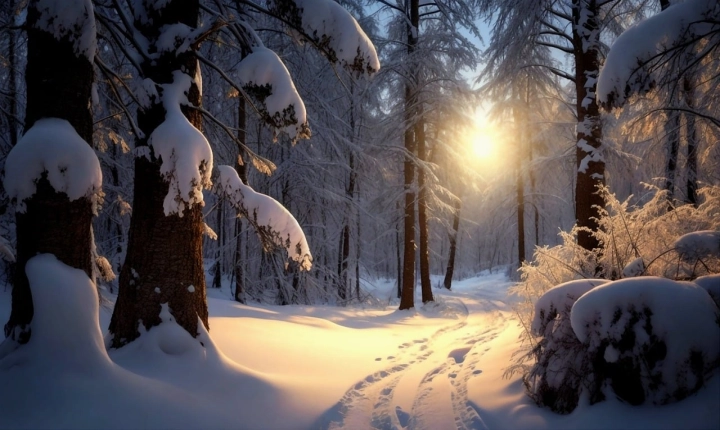The integration of artificial intelligence (AI) into our daily lives has undoubtedly brought about significant changes in various fields. One area of particular interest is how AI impacts creativity. From artistic endeavors to problem-solving, the use of AI has both sparked concerns and provided opportunities for new creative insights.
An important aspect to consider is the role of AI in the creative process. AI algorithms are capable of analyzing vast amounts of data to identify patterns and generate unique insights. This ability can empower creatives by providing them with new perspectives or ideas, ultimately enhancing their creative output. For example, AI can analyze trends in consumer behavior or preferences, helping marketers and designers tailor their products to meet specific demands.
However, some worry that the use of AI in creativity could lead to a loss of human originality and innovation. There is a concern that reliance on technology might stifle individual creativity and lead to a homogenization of ideas. Critics argue that the use of AI-generated content, such as music or art, could devalue human creativity and undermine the uniqueness of artistic expression.
On the other hand, AI has also been used as a tool to augment human creativity rather than replace it. For instance, technologies like generative design software can assist architects and engineers in exploring numerous design possibilities rapidly. By automating certain tasks, AI can free up creative professionals to focus on higher-level thinking and problem-solving.
Moreover, AI can help creators overcome creative roadblocks by providing inspiration and assisting in the brainstorming process. By identifying patterns and generating alternative solutions, AI can prompt artists, writers, and designers to think outside the box and develop novel ideas more efficiently.
In the realm of storytelling and content creation, AI has proven to be a powerful ally. Natural language processing and machine learning algorithms have enabled the generation of coherent and contextually relevant content. Writers and content creators can leverage AI to automate repetitive tasks and generate data-driven insights that inform their creative decisions.
Furthermore, the use of AI in creative pursuits opens up new opportunities for collaboration between technology and human creators. AI-generated content can serve as a starting point for human artists to build upon, leading to unique and compelling combinations of human and machine-generated work.
The impact of AI on creativity is nuanced and multifaceted. While it has the potential to enhance creative processes and inspire new ideas, it also raises ethical and philosophical questions about the nature of creativity and originality. As AI continues to evolve, it is essential for creatives to embrace technology as a tool that can complement and amplify their talents rather than replace them.
In conclusion, the integration of AI into the creative process represents a complex and evolving relationship. By harnessing the power of AI as a catalyst for creativity, individuals and industries can unlock new possibilities and push the boundaries of innovation. As we navigate the intersection of AI and creativity, it is crucial to strike a balance between leveraging technology to enhance creative endeavors and preserving the authenticity and individuality of human expression.
